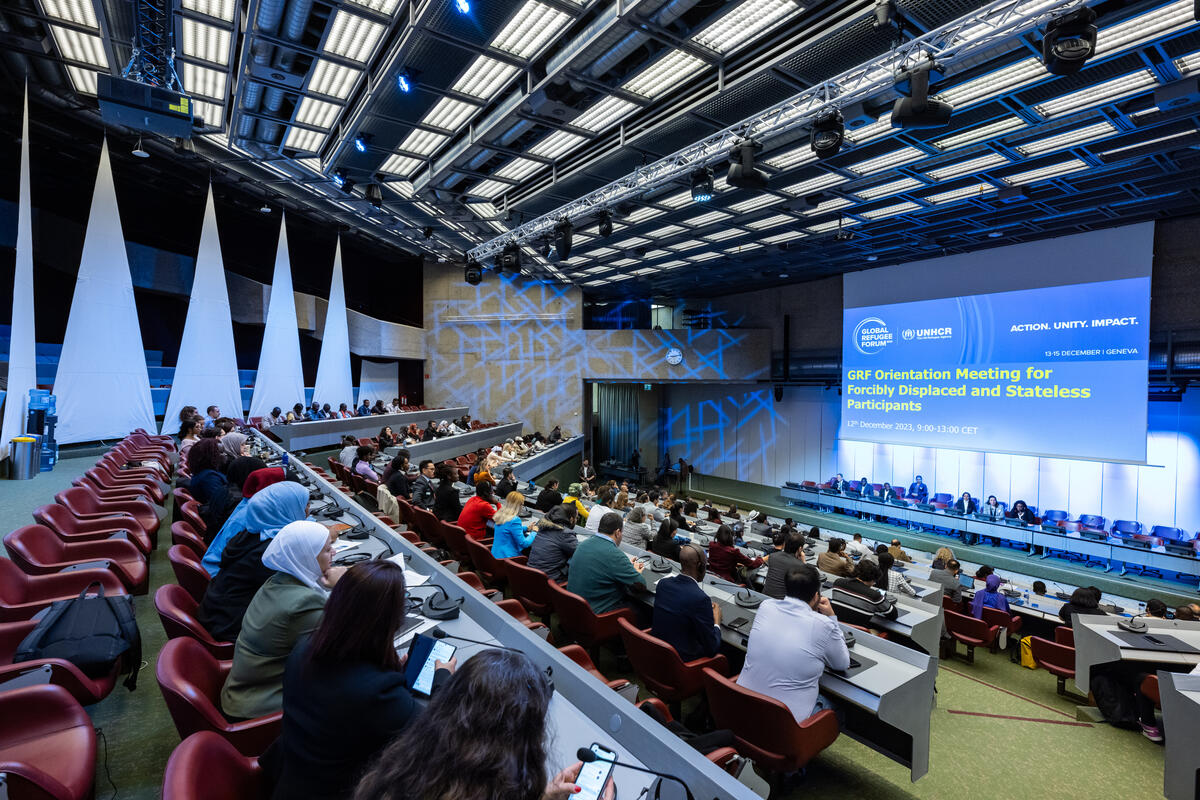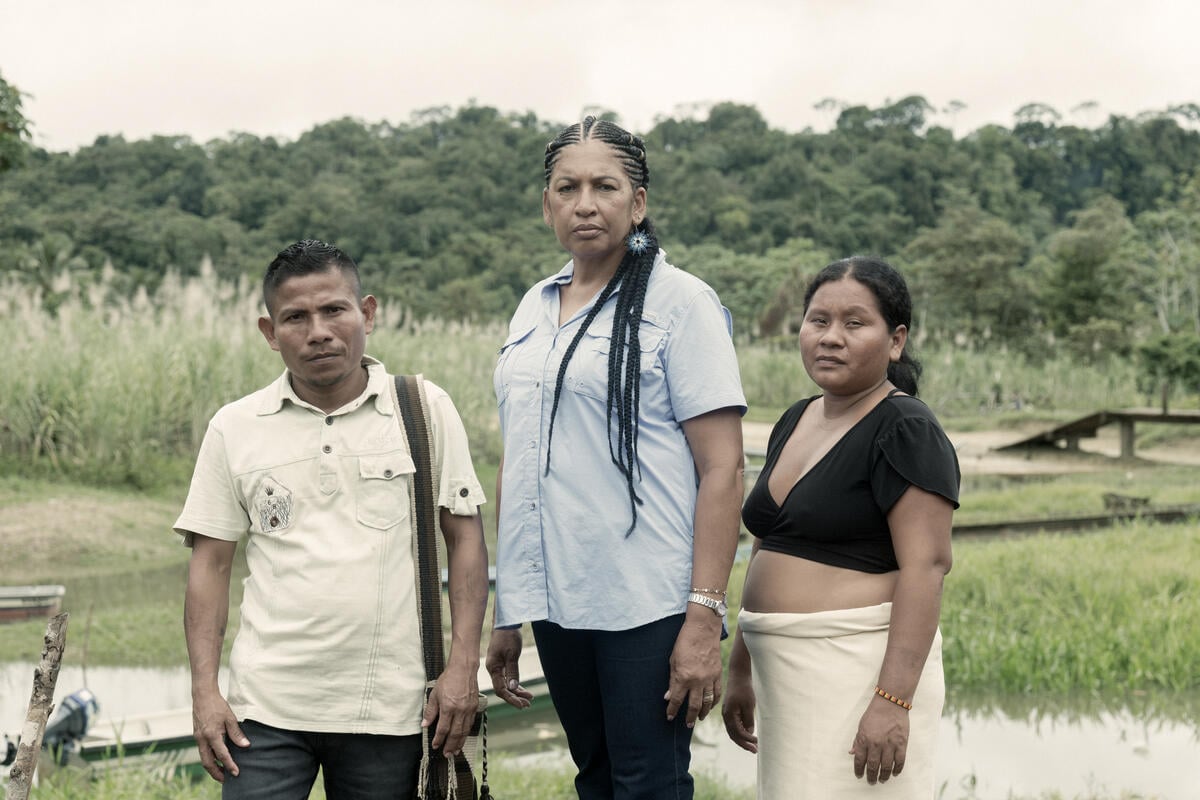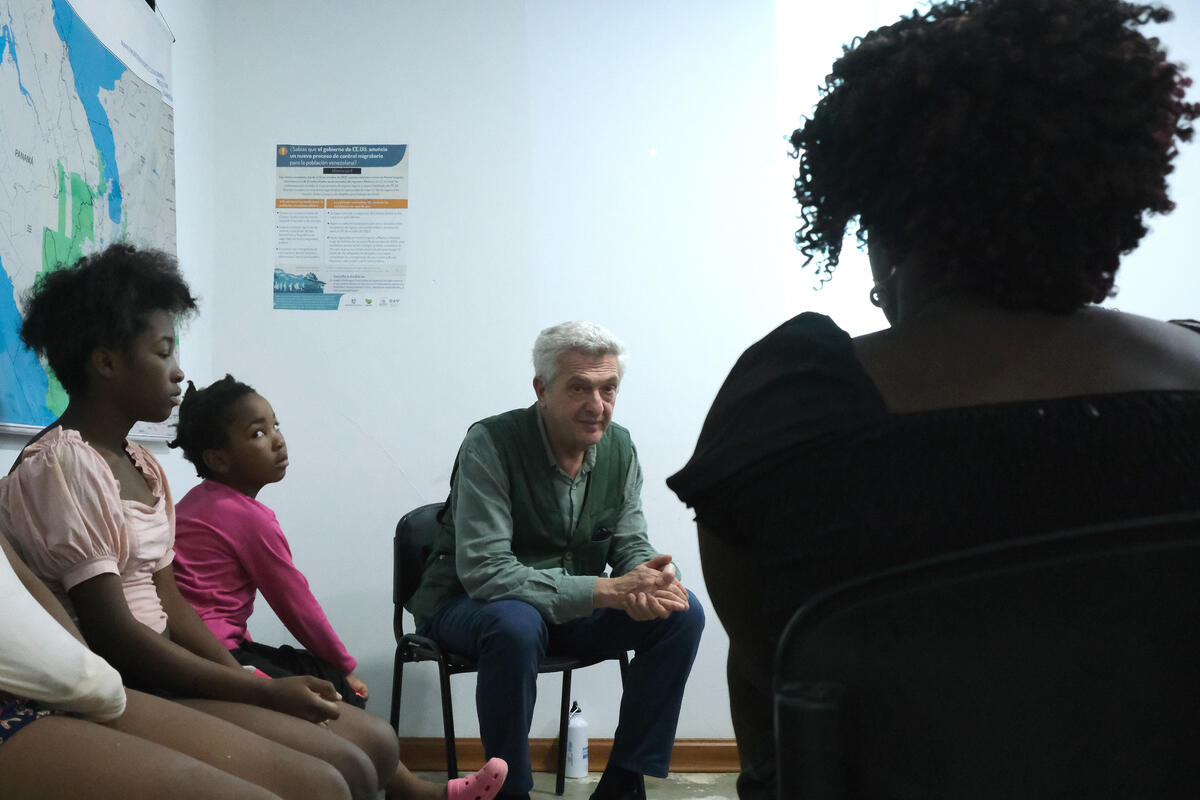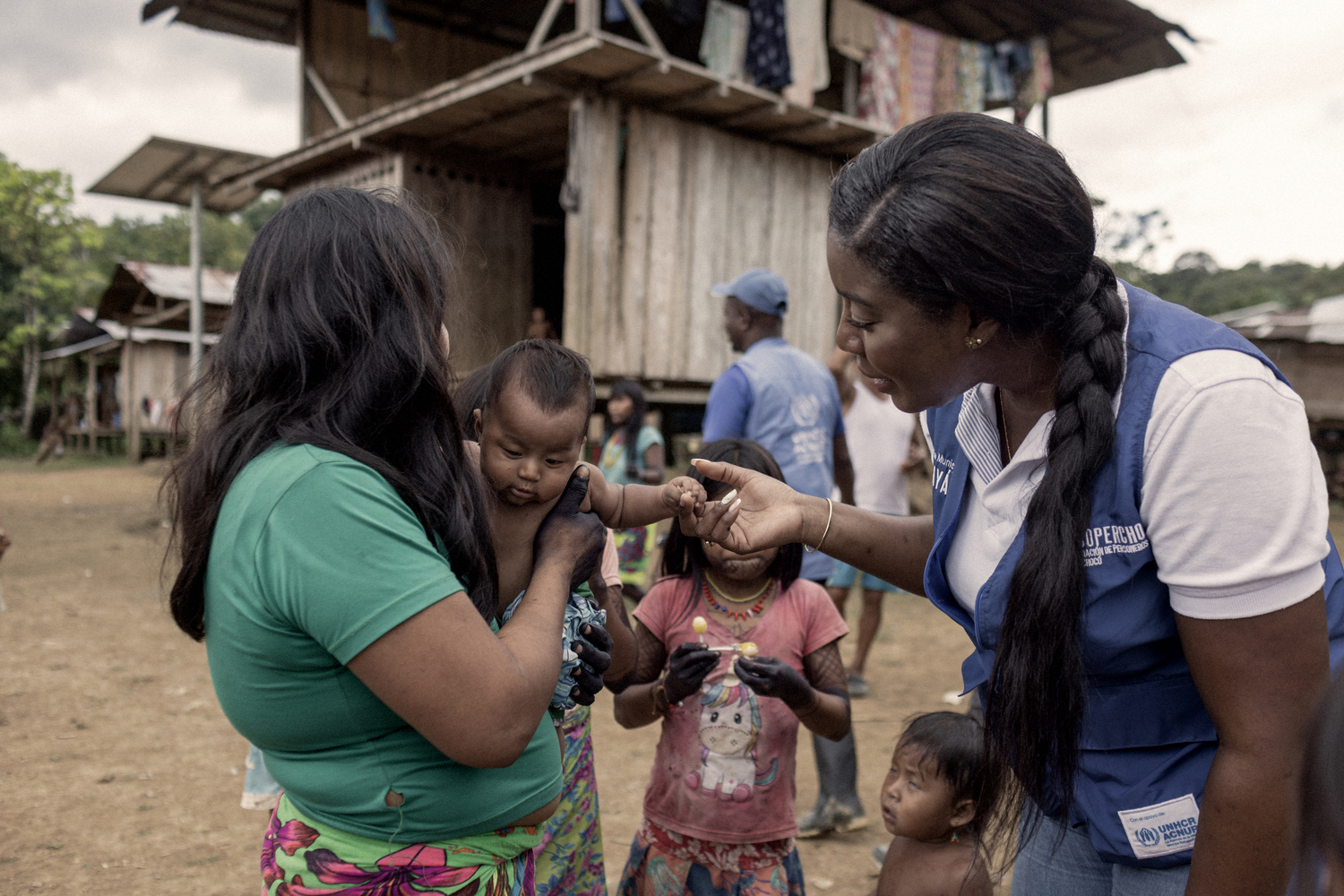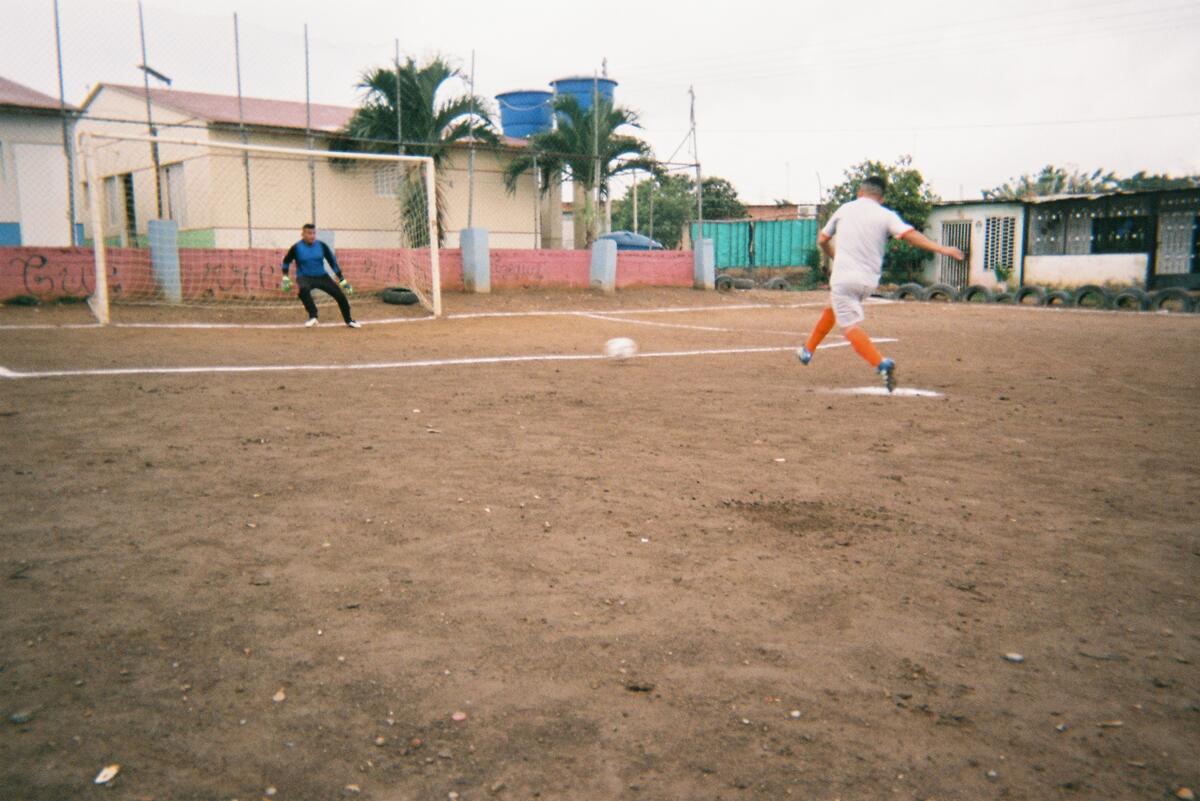Colombia: Fighting still displacing tens of thousands across the country
Colombia: Fighting still displacing tens of thousands across the country
UNHCR is concerned that fighting between the military and irregular armed groups continues to cause the displacement of tens of thousands of people in various parts of Colombia. In the latest incident, some 2,500 persons were displaced or trapped in their villages due to heavy fighting that erupted in the province of Antioquia in central Colombia.
While many residents of the area fled to the town of Argelia in the southern part of the province when fighting broke out last month, others were unable to leave their homes or work their fields because of the presence of land mines. The villages were cut off from the outside world after all transportation between the towns of Argelia, Sonson and Nariño was halted by irregular armed groups, leaving the residents without food and other essential necessities. In some cases local peasants made their way through mine fields to the surrounding mountains in a desperate effort to reach Argelia.
In a reversal of their policy, a week ago the irregular armed groups suddenly lifted the travel ban and ordered those who had been left behind to leave their villages and apparently led them through mine-free areas so they could reach Argelia, causing a second wave of displacements. Then on Tuesday of this week the armed groups began allowing trucks to supply the villages with food and other vital necessities. At the same time, the irregular armed groups reportedly began removing land mines.
Some of the displaced began returning home on Wednesday and the flow is expected to grow significantly in the next few days as the demining continues.
Landmines are a deadly problem in Colombia. Last year they killed or wounded 847 persons across the country, with fully one-third of the victims in Antioquia Province. Argelia has become the most mined town in the country.
While expressing its deep concern for the displacement of approximately 2,500 persons, UNHCR acknowledges the response of the local authorities and relevant government institutions in quickly providing food and shelter to these newly displaced people. The displaced were also quickly aided by international organizations in the region.
The fighting also causes serious problems for those who are not displaced. In the town of Argelia, for example, schools have been closed for the past three weeks because the buildings were turned into shelters to house the displaced.
The Colombian government and UNHCR estimate that more than 2 million people have been displaced inside the country by a decades-old conflict between the government, guerrilla and paramilitary groups. Almost 40 percent of the displaced have settled in and around the 10 largest cities. The others have fled to border areas, while in the past five years alone more than 100,000 Colombians have sought asylum in other countries.
UNHCR once again calls on all the parties to the Colombian conflict to respect International Humanitarian Law and refrain from involving the civilian population in the armed conflict.
In Colombia, UNHCR works to protect the rights of displaced people and to strengthen their organizations in order to improve their response capacity. UNHCR's projects include helping displaced people obtain official identification documents; training teachers to address the needs of displaced children and providing free legal aid to displaced persons.

